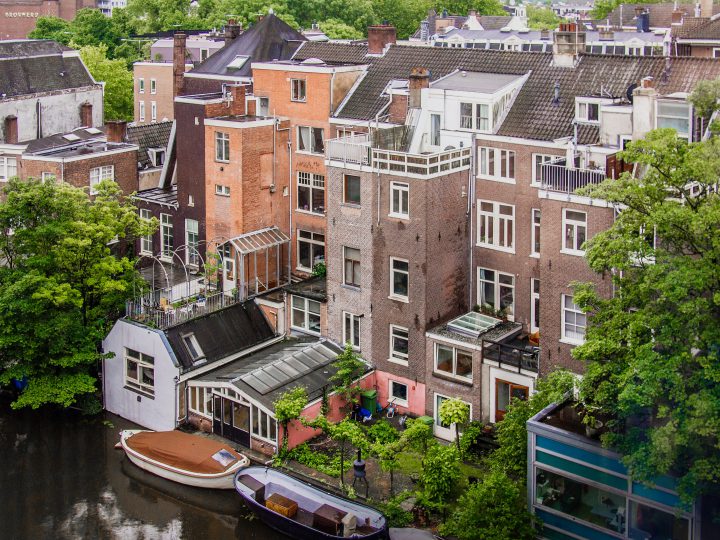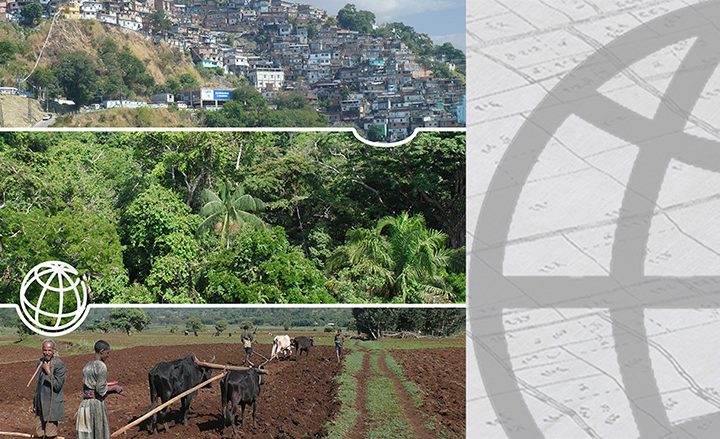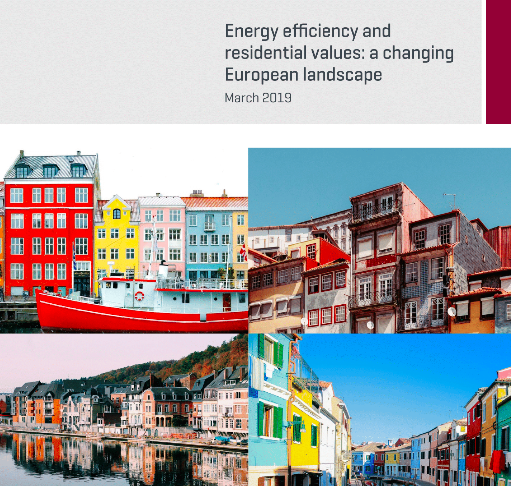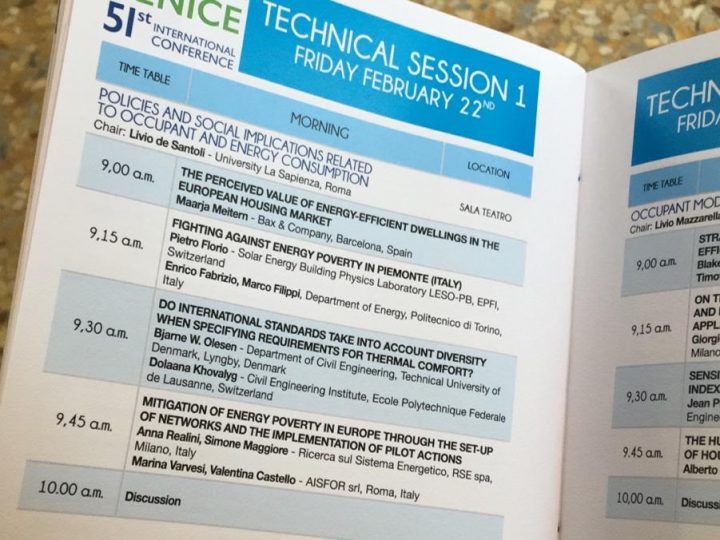A new deliverable, Report identifying existing bottlenecks and scope for improvements in benchmark investment programmes, has been published by the REVALUE project partners.
This report explains the drivers for retrofit investment projects by affordable housing providers and explores options to increase the scale and impact of possible improvements. Four case studies were carried out, in the Netherlands, the United Kingdom, Germany and Sweden. In addition, two country-level focus group meetings, in the Netherlands and in the United Kingdom – (involving representatives from the social housing sector, lenders and valuers) were organised to understand the bottlenecks which would influence the funding and uptake of energy efficiency (EE) investment programmes.
Key insights
- Energy efficiency is part of the corporate social responsibilities of housing providers. Investments in energy efficiency are mainly driven by compliance with regulation or customer care rather than by value; the absence of evidence that energy efficiency improvements increase market value does not influence decisions.
- Increase in sustainability investments would require either stricter regulation or a change in housing providers’ view to provide affordable living instead of housing, i.e. including the cost of heating and cooling – and thus overcome the split incentive issue.
- While sustainability is often an abstract organisational objective, in practice, it is only taken into account at an operational level. The disconnection leads to a lack of understanding of real requirements and realistic pathways to reach goals. By designing data-driven investment pathways with policy objectives in mind, confidence increases in more ambitious refurbishment programmes than business as usual.
To read the full report, please click here.




